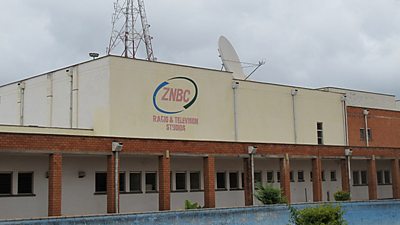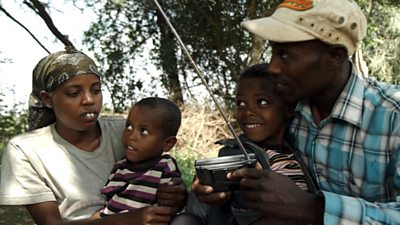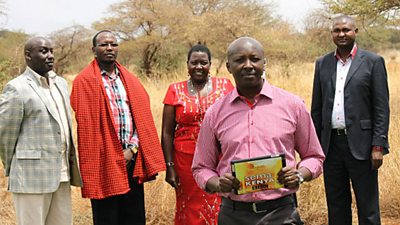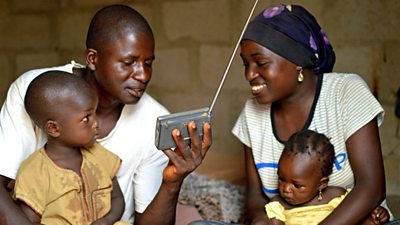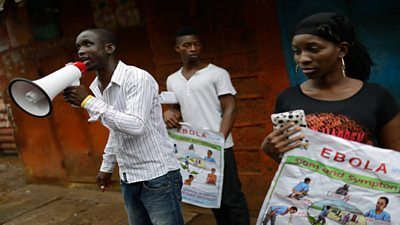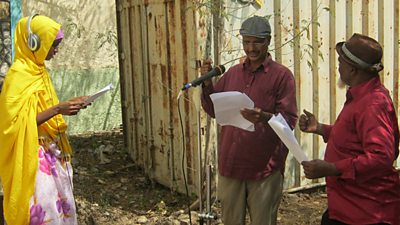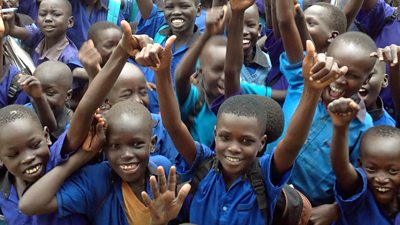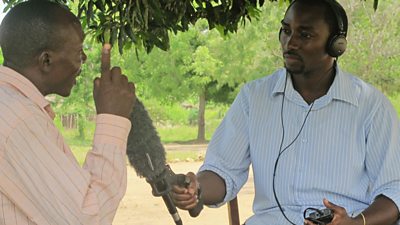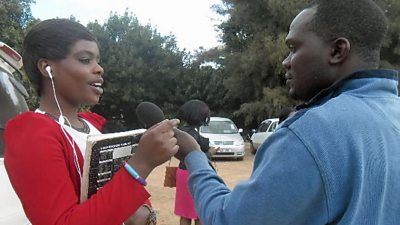If the public are to believe what we say we must value truth, fact and credibility.
A central focus was on supporting the first ever presidential and MP debates for television. The debates were groundbreaking, with Zambians able to see their political candidates answer questions on live TV for the first time.
Costa Mwansa is Managing Editor of Muvi TV, a commercial station that broadcast two of the debates. He was also the incisive presenter, pitching questions offered by the invited audience and offering analysis. He feels keenly the powerful role TV plays:
"TV is not a luxury, it is a necessity. At Muvi TV we are very aware of the responsibility we have to broadcast programmes that offer opportunities to access information that might make life better. We have been working hard to make the station become a platform for free expression, to keep voices free from fear and to encourage free voices in our society."
Mwansa and others in his team received Βι¶ΉΤΌΕΔ Media Action training in editorial and production skills, principles and techniques that he knows have weight and impact:
"If the public are to believe what we say we must value truth, fact and credibility."
The training was not just for TV, with radio and print journalists also taking part in workshops, as well as receiving continuous on-the-job mentoring.
Alongside these journalism training-related activities, Βι¶ΉΤΌΕΔ Media Action supported a television-based public information campaign, produced by the Zambia National Broadcasting Corporation (ZNBC, the state broadcaster), in collaboration with the Electoral Commission of Zambia (ECZ) to encourage Zambians to use their vote. It was also broadcast by commercial station Muvi TV.
Βι¶ΉΤΌΕΔ Media Action also worked in partnership with the Media Institute for Southern African and the Press Association of Zambia, to put in place a mechanism to monitor the media's performance before, during and after the elections.
More tools for the job
One of the project's trainers, Fiona Crack, says one of the challenges she faced was to try to get journalists to ask difficult questions of powerful people, something new for both the interviewer and the interviewed:
The training has encouraged reporters to tell a story from a variety of viewpoints and the shift in emphasis is confirmed by reporter and trainee, Majie Sayila, "We have never seen [national newspaper] the Times of Zambia like this before, carrying stories about other political parties and accommodating their views. That has been a tremendous shift."
Sayila goes on to say, "We also used to try to report from the public's point of view – on issues that are important to them - but those stories would not get published. Now they are."
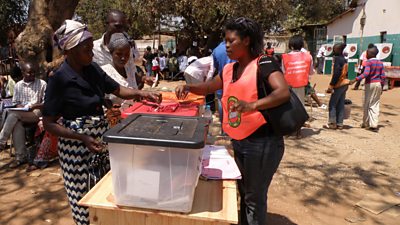
A positive experience
The 2011 elections were largely judged to be free and fair, despite a heavily biased media. Zambia’s new government has since indicated its commitment to freedom of information, and post-election there has been more success in encouraging balanced reporting.
Many journalists involved in the election project have been encouraged by the experience, and are hopeful for the future.
Kunda Mando, ZNBC TV presenter, has seen the benefits of the training and of Βι¶ΉΤΌΕΔ Media Action's involvement as it helped support and realise her ambitions for a new type of programme.
"I had an idea for a TV programme on party manifestos two years ago. I thought people needed to better understand the differences and issues across parties. ZNBC liked my first pitch but it just didn't come to life until Βι¶ΉΤΌΕΔ Media Action became involved. They helped me shape and build the idea, and by working as a team we made it happen. There was a real sense of team work and facilitation."
Project information
| Project name | Media for Ethical Election Coverage in Zambia (MEEZ) |
| Funder | |
| Dates | 2011-2012 |
| Themes | Governance |
| Broadcast partners | Zambia National Broadcasting Corporation (ZNBC, the state broadcaster), in collaboration with the Electoral Commission of Zambia (ECZ), Muvi TV |
| Partners | Media Institute for Southern Africa (MISA), The Press Association of Zambia (PAZA) |
Our projects in Zambia
-
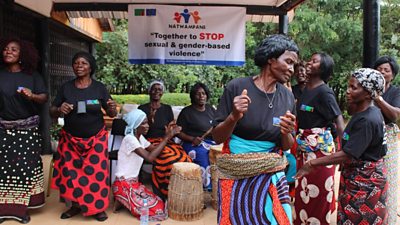
Communities coming together to tackle gender-based violence in northern Zambia
We’re supporting local radio stations in northern Zambia to produce shows that improve understanding of, and discussion around, gender equality – with the aim of shifting norms around sexual and gender-based violence. -
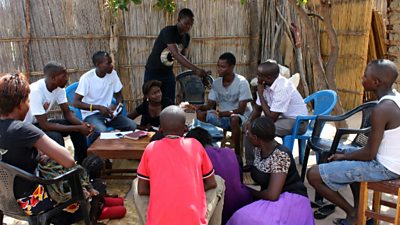
Strengthening community radio in Zambia
Βι¶ΉΤΌΕΔ Media Action aims to strengthen the professionalism and sustainability of community and independent radio stations in Zambia through expert training. -
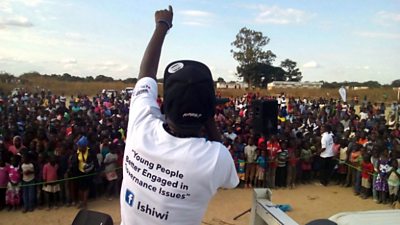
Ishiwi - giving young people a voice in Zambia
A youth-led initiative combining discussion and media to help address the priorities of young people and help them to participate in local and national decision-making processes in Zambia. -
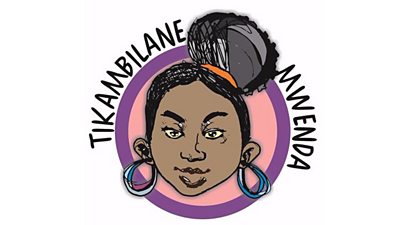
Let’s talk about sex: improving sexual health for young people in Zambia
How a youth-led TV and radio show is helping young people in Zambia talk about sex, STIs and how to prevent HIV and AIDS.
